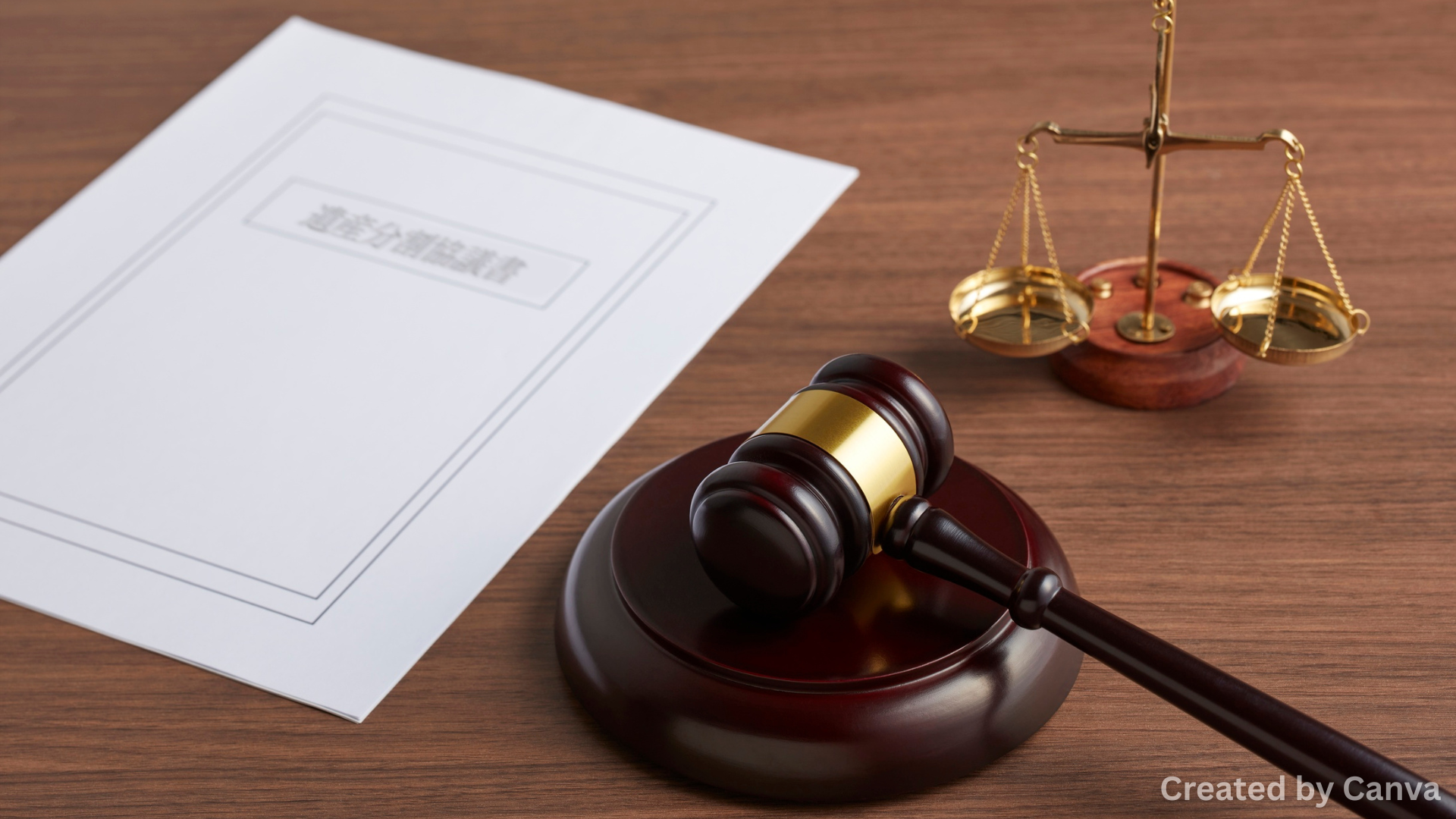Proving invisible pain can be challenging. Psychological scars from accidents are often hard to demonstrate. Yet, these hidden wounds can be just as devastating as physical ones.
Mental anguish after an injury can be overwhelming. It deserves recognition and compensation. However, the legal system requires substantial evidence to support your claim.
In Texas and across the U.S., psychological distress can be part of personal injury lawsuits. Courts need proof that your suffering is genuine. They also require evidence linking it to the incident.
At InjuryClaimCalculator.us, we recognize this challenge. We’ve created this guide to help you record your suffering effectively. With the right approach, you can strengthen your case significantly.
Proper documentation can help you pursue the compensation you deserve. This guide will show you how to gather supporting materials effectively.
Understanding Emotional Trauma
Emotional trauma is a crucial part of many personal injury cases. It can be as devastating as physical injuries. However, these invisible wounds often get less attention in claims processes.
Emotional trauma includes various psychological conditions after an accident or injury. These range from mild anxiety to severe depression and PTSD. Its subjective nature makes it hard to quantify its impact.
Emotional distress affects both your mental health and physical wellbeing. Recognizing these symptoms is key to proper documentation and treatment.
Common mental symptoms of emotional trauma include:
- Post-traumatic stress disorder (PTSD) with flashbacks and nightmares
- Clinical depression and persistent feelings of hopelessness
- Anxiety disorders and panic attacks
- Difficulty concentrating and mental fog
- Social withdrawal and isolation from loved ones
Emotional trauma often produces physical symptoms too. Your body responds to psychological distress in measurable ways. These physical signs can strengthen your claim when documented properly.
Physical manifestations may include:
- Chronic headaches and unexplained pain
- Sleep disturbances and insomnia
- Changes in appetite and weight
- Fatigue and reduced energy levels
- Physical tension and muscle aches
Courts now recognize these conditions as compensable damages when properly documented. Your claim needs evidence that your distress is genuine and severe. It must also be directly linked to the incident.
A psychological evaluation is key to documenting emotional trauma. It assesses your mental state and links the event to your symptoms. Mental health pros can diagnose conditions and suggest treatment plans.
Early recognition of symptoms allows for prompt intervention and better documentation. Seek help soon after your accident, even if symptoms seem mild. This makes your claim stronger.
Knowing the full range of emotional trauma helps identify what to document. This knowledge builds a strong case for your physical and psychological suffering.
Importance of Documentation
Emotional trauma needs careful documentation for personal injury claims. Unlike physical injuries, emotional suffering isn’t visible. At InjuryClaimCalculator.us, we know emotional pain can be as disabling as physical injuries.
Thorough records are vital for emotional trauma claims. Physical injuries show up in X-rays or photos. But emotional distress exists in your experiences. This makes detailed record-keeping crucial.
Good documentation of emotional trauma is key to your case. It links your distress to the incident. It shows how severe and long-lasting your suffering is.
Proper records provide proof of your subjective experience. They help determine fair compensation. Good documentation strengthens your position with insurance companies.
- Establishes a clear timeline connecting your emotional distress directly to the incident
- Demonstrates the severity and duration of your psychological suffering
- Provides objective evidence for what is inherently a subjective experience
- Helps quantify appropriate compensation for your emotional damages
- Strengthens your negotiating position with insurance companies
Courts and insurers are skeptical of emotional distress claims. Without solid proof, real suffering may be ignored or undervalued. This makes documentation essential for fair compensation.
Start documenting right after the incident. Early records link your symptoms to the event. This timeline shows how the incident affected your mental health over time.
In Texas, proving emotional distress is complex. An experienced lawyer is crucial. They can help gather evidence and connect you with mental health experts.
Without legal help and good records, meeting evidence requirements is hard. Many valid claims fail due to poor documentation or presentation.
Keep documenting throughout your recovery. Consistent records of your emotional state provide strong evidence. This can greatly impact your compensation.
Types of Evidence
Documenting emotional trauma for a personal injury claim requires diverse evidence. This helps establish the legitimacy of your suffering. At InjuryClaimCalculator.us, we suggest collecting multiple types of evidence to build a compelling case.
Medical Documentation
Medical records are crucial for any emotional trauma claim. They provide objective validation from healthcare professionals who’ve evaluated your mental health. Reports from psychologists and therapists offer professional assessments of your emotional state.
These experts can testify about your diagnosis and treatment plan. Their opinions link the incident to your emotional suffering. Keep complete records of all appointments, treatments, and prescribed medications.
Personal Documentation
Your own record-keeping is vital in documenting emotional trauma. We recommend keeping a daily journal detailing your emotional state and symptoms. This creates a powerful chronological record of your journey.
When journaling, be specific about experiences like sleep disturbances, anxiety attacks, and mood changes. Date each entry and write consistently. These accounts show the ongoing impact of trauma on your life.
- Sleep disturbances and nightmares
- Anxiety attacks and their triggers
- Mood changes and emotional reactions
- Social withdrawal or relationship difficulties
- Activities you can no longer enjoy
Witness Testimony
Third-party observations add credibility to your emotional trauma claim. Family, friends, and coworkers can describe changes in your behavior or personality. Their statements verify that your suffering is real and noticeable to others.
We suggest collecting written statements from witnesses while their observations are fresh. These should include specific examples of behavioral changes they’ve noticed. Such changes might include increased irritability or withdrawal from social activities.
Additional Supporting Evidence
Several other forms of documentation can strengthen your case. These include employment records, photographs, and prescription records. Text messages or emails discussing your emotional state can also be helpful.
- Employment records showing decreased performance or increased absences
- Photographs capturing visible manifestations of emotional distress
- Prescription records for medications treating anxiety or depression
- Text messages or emails discussing your emotional state
- Records of activities abandoned due to emotional trauma
The strength of your claim often depends on the quality of evidence you present. Combining various types of evidence creates a comprehensive picture of your suffering. This makes your case harder to dismiss.
Remember, emotional trauma is unique to each person. Your documentation should reflect your personal experience. With thorough evidence collection, you improve your chances of receiving fair compensation for your suffering.
Working with Mental Health Professionals
Qualified mental health professionals can strengthen your personal injury claim and support your recovery. We suggest seeing licensed practitioners experienced in trauma conditions soon after your injury. These experts can provide valuable documentation for your case.
Choose specialists familiar with legal proceedings who can properly document your emotional trauma. Psychologists, psychiatrists, and licensed therapists are all suitable options. Explain that you need both treatment and documentation for legal purposes during your first visit.
Be honest about your symptoms, without exaggerating or downplaying your experience. Regular therapy attendance shows your commitment to recovery and creates a consistent record of your condition.
A formal psychological evaluation offers objective evidence of your emotional state through standardized assessments. These evaluations link the incident to your symptoms, which is crucial for your claim.
Mental health professionals can prepare expert reports explaining complex psychological concepts simply. Their opinions carry weight in legal proceedings by connecting your emotional symptoms to the traumatic event.
Proper documentation from mental health experts often leads to full compensation for emotional trauma. This evidence helps insurance companies and courts understand the true impact of your experience.








